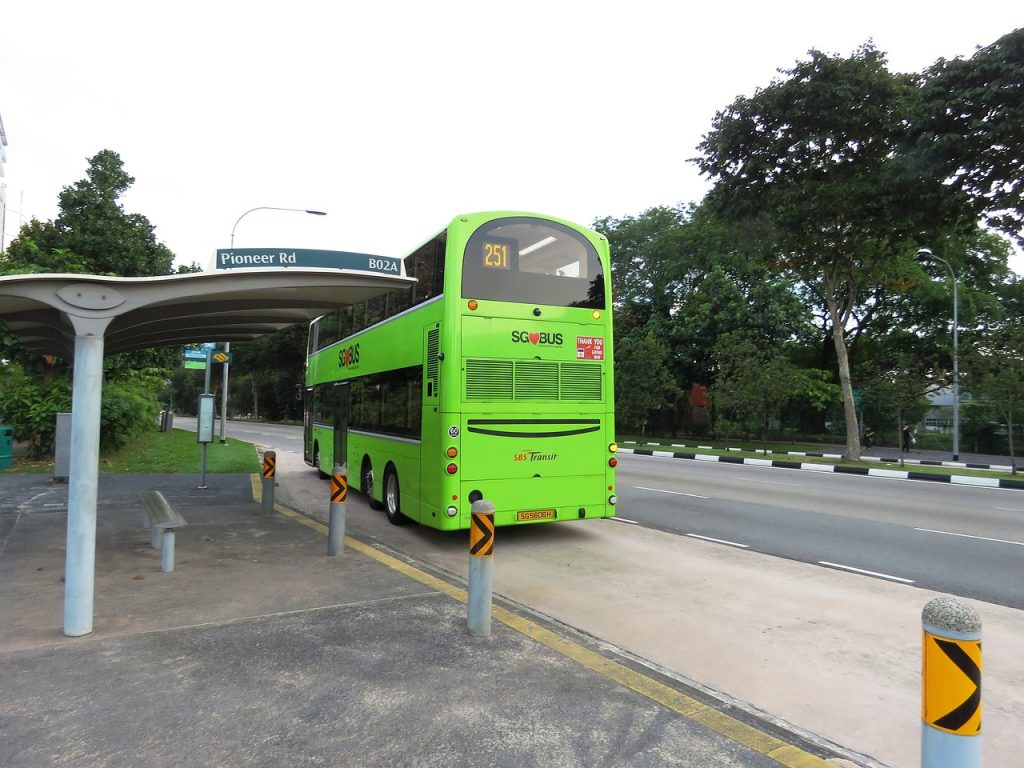Hey there! So you’re planning to visit Singapore, but want to keep some tabs on your wallet, huh? Trust me, I get it. Singapore might be known as one of the priciest cities in the world, but that doesn’t mean you can’t explore this vibrant, cosmopolitan city on a budget. We’ve got you covered with some nifty tips and tricks that will help you travel to Singapore on a budget. Buckle up, and let’s dive right in!
If you are a Malaysian, you might want to read this too.
- Tip #1: Plan your trip during the off-season or on weekdays
- Tip #2: Choose budget accommodation options
- Tip #3: Utilize Public Transportation
- Tip #4: Eat at Hawker Centres
- Tip #5: Take Advantage of Free Attractions
- Tip #6: Shop at Local Markets
- Tip #7: Use City Passes Wisely
- Tip #8: Pack wisely to avoid unnecessary expenses
- Tip #9: Be Smart about Data and Connectivity
- Tip #10: Stay Healthy to Avoid Unexpected Medical Costs
Tip #1: Plan your trip during the off-season or on weekdays
Visiting Singapore during the off-season or on weekdays can take a huge load off your wallet. Off-peak travel not only means cheaper airfares and accommodation rates, but also fewer crowds at tourist spots.
The off-season generally falls between July to September, and weekdays usually see lesser influx of tourists. So, you’ll have those breathtaking sights more to yourself, without the need to elbow through the crowd. Plus, you might also score some discounted tickets for attractions or events that typically cost extra. It’s a win-win!
Tip #2: Choose budget accommodation options
Don’t let the high-end skyscrapers fool you. There are plenty of budget-friendly accommodations in Singapore that you can stay in on a budget. Consider staying in hostels or budget hotels that are often located in central areas and are comfortable and clean. They may not have the glitz and glamour of a five-star hotel, but they sure have character! And the best part? Many of them offer free WiFi, breakfast, and even laundry facilities.
You could also consider vacation rentals or sharing economy options like Airbnb. They can offer a lot of bang for your buck, especially if you’re travelling with a group. Look for a place with a kitchen, so you can save on meals too! Don’t forget to check out reviews before booking – they can be a goldmine of information about what to expect from your stay.

Tip #3: Utilize Public Transportation
Singapore’s public transport system is renowned as one of the world’s best. Efficient, clean, and timely, it’s a great alternative to costly taxis or car rentals. The Mass Rapid Transit (MRT) system covers a wide area of the city and is an economical way to explore different neighborhoods. Another affordable option is to use buses, which can be an adventurous way to see the city.
For both the MRT and buses, consider getting an EZ-Link card / NetsPay or a Singapore Tourist Pass. They offer unlimited travel within a specified period, and trust me, they’re worth every cent! Alternatively, you can purchase the Klook Pass Singapore here that allows you to book multi-attractions for one price.
Tip #4: Eat at Hawker Centres
If you want to save on food and experience authentic local cuisine, hawker centres are the place to be! These food courts offer a plethora of mouth-watering dishes at a fraction of the price you’d pay in a restaurant. From the iconic Michelin Star Hainanese Chicken Rice to the spicy, aromatic Laksa, you’ll find a dish to tickle your taste buds.
Bonus tip: Look for the stalls with long queues! That’s usually a sign of good food.
Tip #5: Take Advantage of Free Attractions
Believe it or not, there’s a wealth of attractions in Singapore that you can enjoy absolutely free of charge! Wander through the lush Botanic Gardens, a UNESCO World Heritage site. Explore the vibrant neighborhoods of Little India, Chinatown, and Kampong Glam, each bursting with rich cultural history. Head over to Marina Bay Sands in the evening for the spectacular light show, or visit the Raffles Hotel for a glimpse into the city’s colonial past.
Tip #6: Shop at Local Markets
While the glitzy shopping malls might be tempting, you’ll find much better deals (and unique souvenirs!) at local markets and street shops. Visit the bustling Bugis Street Market for affordable fashion and accessories, or Chinatown Street Market for traditional goods and cheap souvenirs. Don’t forget to haggle – it’s part of the fun!
Tip #7: Use City Passes Wisely
Consider purchasing a city pass if you’re planning to visit multiple paid attractions. These passes offer entry to a number of sites for a discounted rate and can save you a significant amount if used wisely. Just make sure to check that the attractions you want to visit are included in the pass before buying.
Tip #8: Pack wisely to avoid unnecessary expenses
Packing wisely can save you from unnecessary expenses during your trip. Remember, Singapore is located near the equator and has a tropical climate, so lightweight, breathable clothing is a must. Don’t forget your sunglasses, hat, and sunscreen to protect yourself from the sun. Packing a reusable water bottle can also come in handy as you can refill it at water coolers found all around the city, saving on the cost of buying bottled water. If you plan to visit religious sites, be sure to pack appropriate attire, such as covering shoulders and knees. Carry a lightweight raincoat or umbrella as well, because when it rains in Singapore, it pours! By packing these essentials, you can avoid having to make last-minute purchases at a premium.
Tip #9: Be Smart about Data and Connectivity
While it might be tempting to just rely on your home network for connectivity, roaming charges can be pretty steep. A smart option is to buy a local SIM card upon arrival. Various telecom companies offer tourist SIM cards that provide ample data and call minutes for a reasonable price. This way, you’ll have uninterrupted connectivity to navigate the city, make bookings, or stay connected with folks back home without breaking the bank.
Another alternative is to purchase an e-sim which you can active in advance and turn on when you arrive in Singapore.
Tip #10: Stay Healthy to Avoid Unexpected Medical Costs
The last thing you want on a budget trip is to incur unexpected medical costs. Make sure you’re up-to-date with vaccinations. Stay hydrated, especially since Singapore’s climate can be quite hot and humid. Apply insect repellent when visiting parks or gardens to prevent mosquito-borne diseases. Also, don’t forget travel insurance – it’s a small cost upfront but can be a lifesaver if you encounter any health issues or emergencies during your trip.



